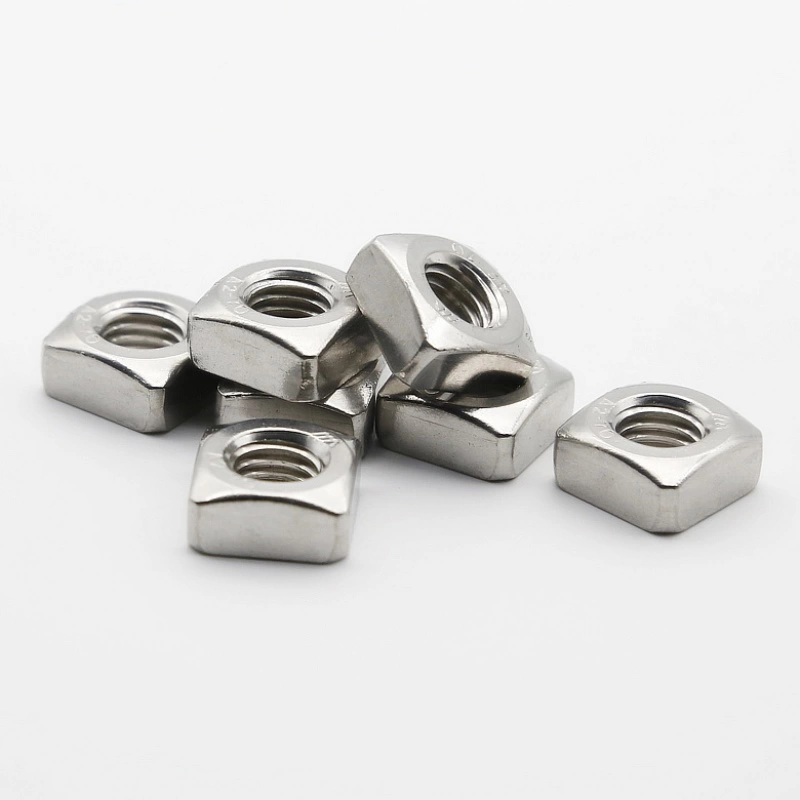

hot dipped screws
Oct . 10, 2024 01:48 Back to list
hot dipped screws
The Advantages of Hot-Dipped Screws A Comprehensive Overview
In the world of construction and manufacturing, the choice of fasteners is critical for ensuring structural integrity and longevity. One type of fastener that has gained significant popularity among engineers and builders is the hot-dipped screw. This article explores what hot-dipped screws are, their manufacturing process, benefits, applications, and best practices for use.
What Are Hot-Dipped Screws?
Hot-dipped screws are screws that undergo a galvanization process where they are coated with a layer of zinc to protect against corrosion. The process involves submerging the screws in molten zinc, which creates a metallurgical bond between the zinc and the steel. This coating not only enhances the screws' lifespan but also provides additional resistance against environmental factors that could lead to rust and deterioration.
The Manufacturing Process
The hot-dipping process consists of several steps. First, screws are cleaned to remove oil, dirt, and rust, often using a caustic soda solution. The cleaning is crucial because any contaminants can affect the quality of the zinc coating. Next, the screws are pickled in an acid solution to eliminate any surface oxides.
Once the screws are adequately prepared, they are transferred to a hot-dip galvanizing bath, which is typically maintained at a temperature of around 450 to 460 degrees Celsius (approximately 840 to 860 degrees Fahrenheit). In this molten zinc bath, the screws are submerged for a brief period, allowing zinc to adhere to the surface. Afterward, the screws are removed and cooled, resulting in a durable, corrosion-resistant coating that can withstand the elements.
Advantages of Hot-Dipped Screws
1. Enhanced Corrosion Resistance The primary advantage of hot-dipped screws is their exceptional resistance to corrosion. The thick layer of zinc prevents moisture and air from reaching the underlying steel, significantly extending the fasteners' lifespan—often beyond 50 years in harsh environments.
2. Durability The metallurgical bond created during the hot-dipping process is stronger than other types of galvanization, ensuring that the coating remains intact even under extreme conditions. This durability makes hot-dipped screws ideal for outdoor and marine applications.
3. Cost-Effectiveness Although the initial cost of hot-dipped screws may be higher than their untreated counterparts, the long-term savings from reduced maintenance and replacement costs make them a smart investment. In many cases, using hot-dipped screws can save money over the life of a project.
hot dipped screws

4. Versatility Hot-dipped screws can be used in various applications, including construction, roofing, and automotive industries. They are suitable for wood, metal, and concrete, making them a go-to choice for general fastening needs.
5. Environmental Safety The galvanization process for hot-dipped screws is also environmentally friendly. Zinc is a naturally occurring element, and its use in fasteners reduces the need for toxic paints or coatings.
Applications
Hot-dipped screws are commonly used in applications where exposure to harsh environments is a concern. Some of their primary uses include
- Construction Hot-dipped screws are widely used in residential and commercial construction for securing roofing materials, siding, and wooden structures. - Marine Environments These screws are particularly beneficial in marine applications where exposure to saltwater can quickly lead to rusting of ordinary fasteners. - Industrial Machinery In industries that operate under harsh conditions, such as oil and gas, hot-dipped screws offer reliable performance and durability.
Best Practices for Use
To maximize the benefits of hot-dipped screws, consider the following best practices
1. Proper Installation Ensure that screws are installed correctly using appropriate tools to avoid damaging the coating. 2. Avoid Matching Galvanized and Non-Galvanized Materials When using hot-dipped screws, it is recommended to match them with galvanized materials to prevent galvanic corrosion. 3. Store Correctly Hot-dipped screws should be stored in a dry environment to prevent any potential for moisture accumulation that can lead to rust.
Conclusion
Hot-dipped screws represent a reliable solution for a variety of fastening needs, offering unparalleled corrosion resistance and durability. Their versatility and long-lasting performance make them an essential choice for any project that demands strength and longevity. Whether in construction, marine applications, or industrial settings, hot-dipped screws provide peace of mind and cost savings over time. In today’s world, investing in quality fasteners like hot-dipped screws is an investment in the future of any build.
Latest news
-
High-Strength Hot Dip Galvanized Bolts - Hebei Longze | Corrosion Resistance, Customization
NewsJul.30,2025
-
Hot Dip Galvanized Bolts-Hebei Longze|Corrosion Resistance&High Strength
NewsJul.30,2025
-
High-Strength Hot-Dip Galvanized Bolts-Hebei Longze|Corrosion Resistance&High Strength
NewsJul.30,2025
-
Hot Dip Galvanized Bolts-Hebei Longze|Corrosion Resistance&High Strength
NewsJul.30,2025
-
Hot Dip Galvanized Bolts - Hebei Longze | Corrosion Resistance, High Strength
NewsJul.30,2025
-
High-Strength Hot Dip Galvanized Bolts-Hebei Longze|Corrosion Resistance, Grade 8.8
NewsJul.30,2025

